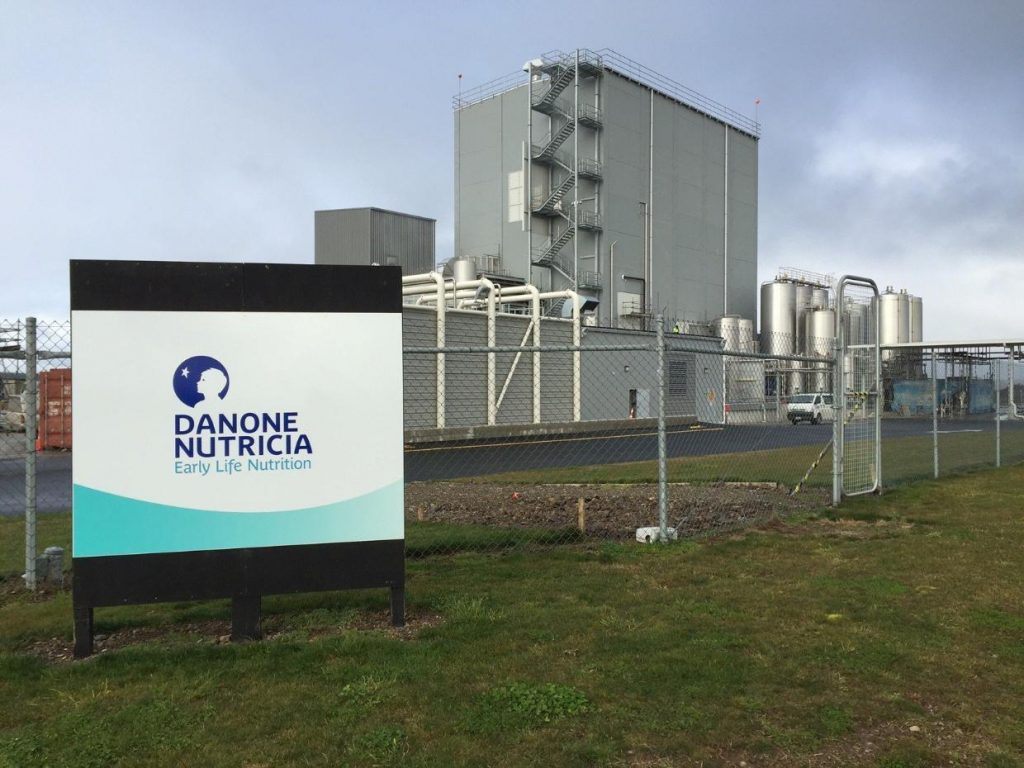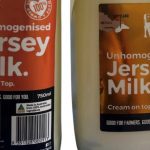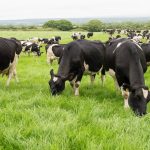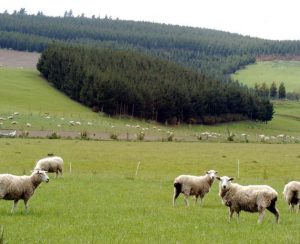
New Zealand will opt out of a trans-Tasman standard on infant formula that major manufacturer Danone warned could cost the country 441 jobs and $1 billion in annual exports, Food Minister Andrew Hoggard has announced.
Food Standards Australia and New Zealand (Fsanz) developed the new standard for infant formula, which among others things, places stricter controls on the statements manufacturers can make on their packaging.
But it looks set to frustrate some public health campaigners, who fear some mothers around the world who could provide breast milk may instead be persuaded by product labelling to feed infants formula.
Hoggard said that, after discussion with Cabinet, it had decided not to adopt the joint standard.
“New Zealand sought a review of the new labelling requirements, but my Australian colleagues were not in a position to support it. As a result, we will now implement a New Zealand standard over the next five years,” he said.
“So long as infant formula is safe and the claims on labels are not misleading, consumers should be allowed to make their own informed choices.”
Despite the opt-out, Hoggard said the Government remained committed to the “continued success” of the trans-Tasman food standards regime and working towards “food standards harmonisation”.
 Food Minister Andrew Hoggard indicates he is happy with information manufacturers put on infant formula, so long as claims are “not misleading”.
Food Minister Andrew Hoggard indicates he is happy with information manufacturers put on infant formula, so long as claims are “not misleading”.ROBERT KITCHIN / THE POST
Danone’s Sydney-based director of legal compliance, Maria Venetoulis, had said Fsanz’s code would in effect prohibit manufacturers from telling consumers about “innovations” and the advances Danone had made in its products.
She warned late last month that if the standard was adopted here the Paris-based multinational might decide to divert manufacturing for South-east Asian and Chinese markets away from New Zealand to one of its 22 other international sites.
That would put “441 direct jobs across our sites in South Auckland, Newmarket and Balclutha at risk”, she said then.
Danone last week called for Hoggard to opt out of the standard, after receiving legal advice that it would still be able to export to Australia unimpeded even if the two countries’ standards diverged.
Venetoulis said after Hoggard’s announcement that the company was relieved by the Government’s decision.
“This was a tough but correct decision from the Government,” she said.
Dr Gergely Toldi, a neonatologist and senior lecturer at Auckland University, said he was “a bit disappointed” by the decision, which he forecast was likely to put the country on the wrong end of an international trend towards tighter regulation of product labelling.
The changes recommended by Fsanz were likely to come sooner or later in other jurisdictions and it would have been better if New Zealand had led the way alongside Australia, he said.
You can now read the most important #news on #eDairyNews #Whatsapp channels!!!
🇺🇸 eDairy News INGLÊS: https://whatsapp.com/channel/0029VaKsjzGDTkJyIN6hcP1K





















